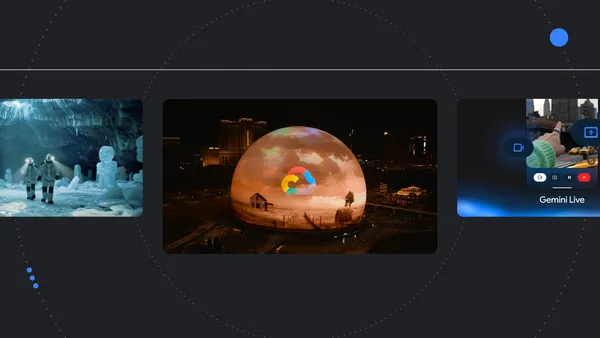DOJ’s extreme proposals will hurt consumers and America’s tech leadership
The remedies hearing in the Department of Justice’s case against Google Search wrapped up this week. We have been posting summaries week by week:
 Here are Google’s latest AI updates from April 2025
Here are Google’s latest AI updates from April 2025
 The recent court ruling in the DOJ’s ad tech lawsuit found our advertiser tools and acquisitions don’t harm competition. We disagree with the Court’s ruling on our publi…
The recent court ruling in the DOJ’s ad tech lawsuit found our advertiser tools and acquisitions don’t harm competition. We disagree with the Court’s ruling on our publi…
 An overview of how DOJ’s remedies in the search distribution case would harm consumers, personal privacy and American leadership.
An overview of how DOJ’s remedies in the search distribution case would harm consumers, personal privacy and American leadership.
 AI policy recommendations to support EU climate and competitiveness goals.
AI policy recommendations to support EU climate and competitiveness goals.
 Apolitical is launching a new course on quantum computing tailored to policymakers, with support from Google Quantum AI.
Apolitical is launching a new course on quantum computing tailored to policymakers, with support from Google Quantum AI.
 Apolitical is launching a new course on quantum computing tailored to policymakers, with support from Google Quantum AI.
Apolitical is launching a new course on quantum computing tailored to policymakers, with support from Google Quantum AI.
 Google’s President of Global Affairs, Kent Walker, gives an overview of Google's approach to creative content and AI training.
Google’s President of Global Affairs, Kent Walker, gives an overview of Google's approach to creative content and AI training.
 Google shares policy recommendations in response to OSTP’s request for information for the U.S. AI Action Plan.
Google shares policy recommendations in response to OSTP’s request for information for the U.S. AI Action Plan.